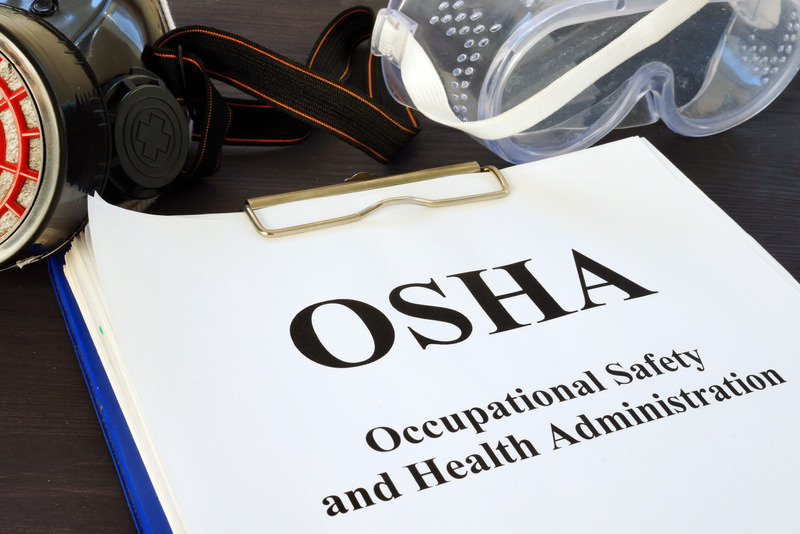OSHA delivers guidance for emergency responders who must make a determination whether a COVID-19 is work related (and therefore recordable). Under OSHA’s record keeping requirements, COVID-19 is a recordable illness, and employers are responsible for recording cases of COVID-19, if:
(1) the case is a confirmed case of COVID-19
(2) the case is work-related
(3) the case involves one or more of the general recording criteria
In areas where there is ongoing community transmission, employers other than those in the healthcare industry, emergency response organizations (e.g., emergency medical, firefighting, and law enforcement services), and correctional institutions may have difficulty making determinations about whether workers who contracted COVID-19 did so due to exposures at work. In light of those difficulties, OSHA is exercising its enforcement discretion in order to provide certainty to the regulated community.
Employers of workers in the healthcare industry, emergency response organizations (e.g., emergency medical, firefighting, and law enforcement services), and correctional institutions must continue to make work-relatedness determinations pursuant to 29 CFR § 1904. Until further notice, however, OSHA will not enforce 29 CFR § 1904 to require other employers to make the same work-relatedness determinations, except where:
- There is objective evidence that a COVID-19 case may be work-related. This could include, for example, a number of cases developing among workers who work closely together without an alternative explanation; and
- The evidence was reasonably available to the employer. For purposes of this memorandum, examples of reasonably available evidence include information given to the employer by employees, as well as information that an employer learns regarding its employees’ health and safety in the ordinary course of managing its business and employees.
This enforcement policy will help employers focus their response efforts on implementing good hygiene practices in their workplaces, and otherwise mitigating COVID-19’s effects, rather than on making difficult work-relatedness decisions in circumstances where there is community transmission.
For more detailed information, click here.

